It didn't take me long to answer; I replied, "It was all the hugs I got from everyone." Then I paused and continued, "So, Tea Toad, why is that? I had lots of fun doing all kinds of neat things so why is it that I liked the hugs the best?"
The Tea Toad laughed a little and said, "Hugs are a lot like tea. They're warm, comforting, and make us feel better." I suspected that but, in my usual manner, I wanted to know if there was any scientific reason to backed this up. Turns out that a lot of research has been done on why we like...and need...lots of hugs each day.
What I learned was amzing. Here's what the experts had to say.
1. Hugs reduce our worry of mortality. Psychological Science conducted a study on fears and self-esteem and found that hugging, even an inanimate object like a teddy bear (and especially a toy frog) helps to soothe a human's existential fears. Interpersonal touch, it seems, is such a powerful mechanism that it can instill in us a sense of existential significance. It simple words, hugs make us feel like we exist.
2. Hugs stimulate oxytocin. And that little dynamo is a neurotransmitter that promotes feelings of contentment, and reduces stress and anxiety.
3. Hugs lower our heart rate. A hug may warm our heart but it turns out that they're good medicine, too. During a recent study, the participants without a partner developed a quicker heart rate than those who got to hug their partner during the experiment.
4. Hugs stimulate dopamine. In addition to oxytocin, hugs tell our brains to release more dopamine which is a pleasure hormone. It's what is responsible for giving us that "feel good" feeling. Additionally, dopamine increases our motivation...and who couldn't use a little more of that?
5. Hugs stimulate seratonin. Lonliness and depression occur when our seratonin levels decrease. Hugs stimulate more seratonin production which, in turn, makes us feel significant and important. Hugging for an extended time boosts seratonin and elevates our mood and creates happiness. Even cuddling with a pet has a soothing effect on humans.
6. Well-hugged babies are less stressed as adults. There is a direct link between touch and relieving stress, especially in the early stages of life. Research cites that babies development, including how they cope with stress and anxiety as adults, depends on both nature and nurture.
7. Hugs balance out the nervous system. The human skin contains pressure centers that can sense touch. "The galvanic skin response of someone receiving and giving a hug shows a change in skin conductance. The effect in moisture and electricity in the skin suggests a more balanced state in the nervous system - parasympathetic" so says Psychological Science magazine. And, finally,
8. Hugs enhance our immune system. If hugging didn't already do a lot for us, now we see in scientific studies, that hugs help to make our immune system stronger. Hugging helps the body to handle both physical and social stresses; they boost the immune system naturally so that it can do the job it was meant to do.
Whew! Hugs do us a lot of good. But the best part is that they just plain feel good.
The Tea Toad was definitely right. Hugs are a lot like tea. They do make us feel calmer, more relaxed, and even a little happier. So if you haven't yet had your daily dose of hugs, this is the perfect time to start giving...and receiving hugs. The best part about hugs is that both the hugger and the huggee gain the benefits. You can never get, or give, too many hugs. You already knew that they made you feel great, but now you also know that there's solid scientic effidence to show that hugs are good for your health.
Now that I am aware of how important hugs are, my morning routine will include:
Take vitamins
Have a cup of tea
Brush teeth
Find someone to hug. (Maybe it'll be YOU!)
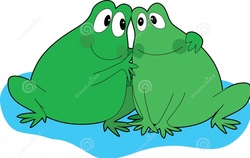
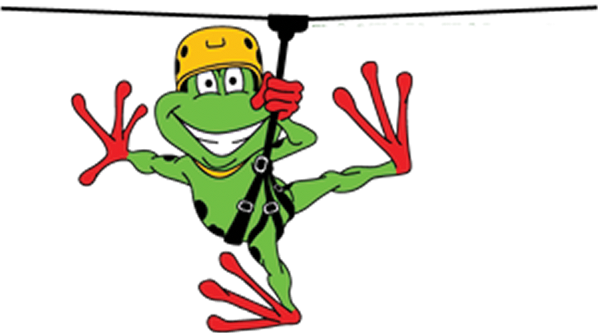
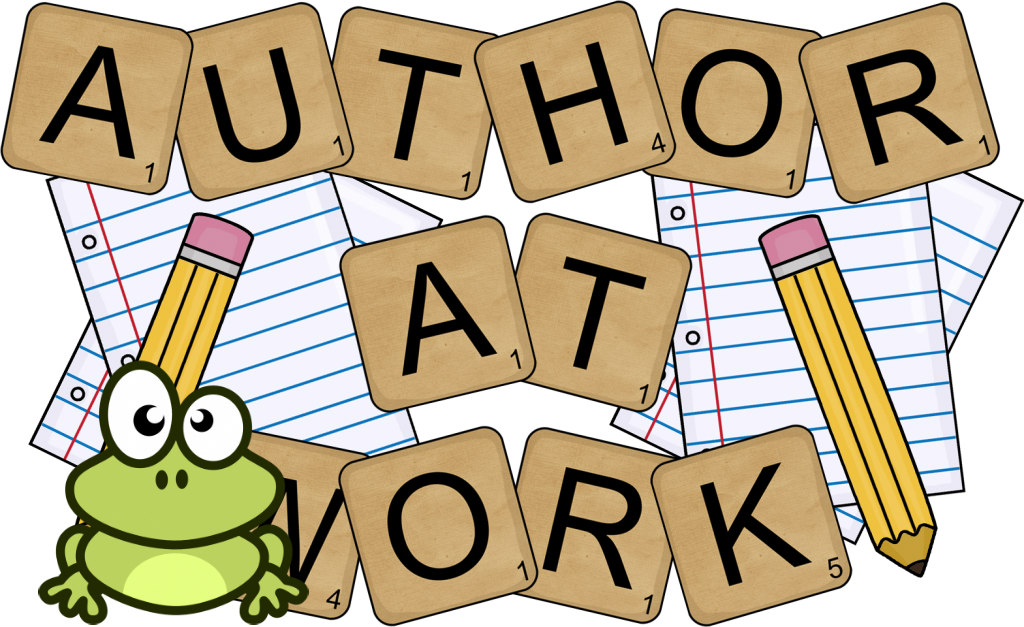
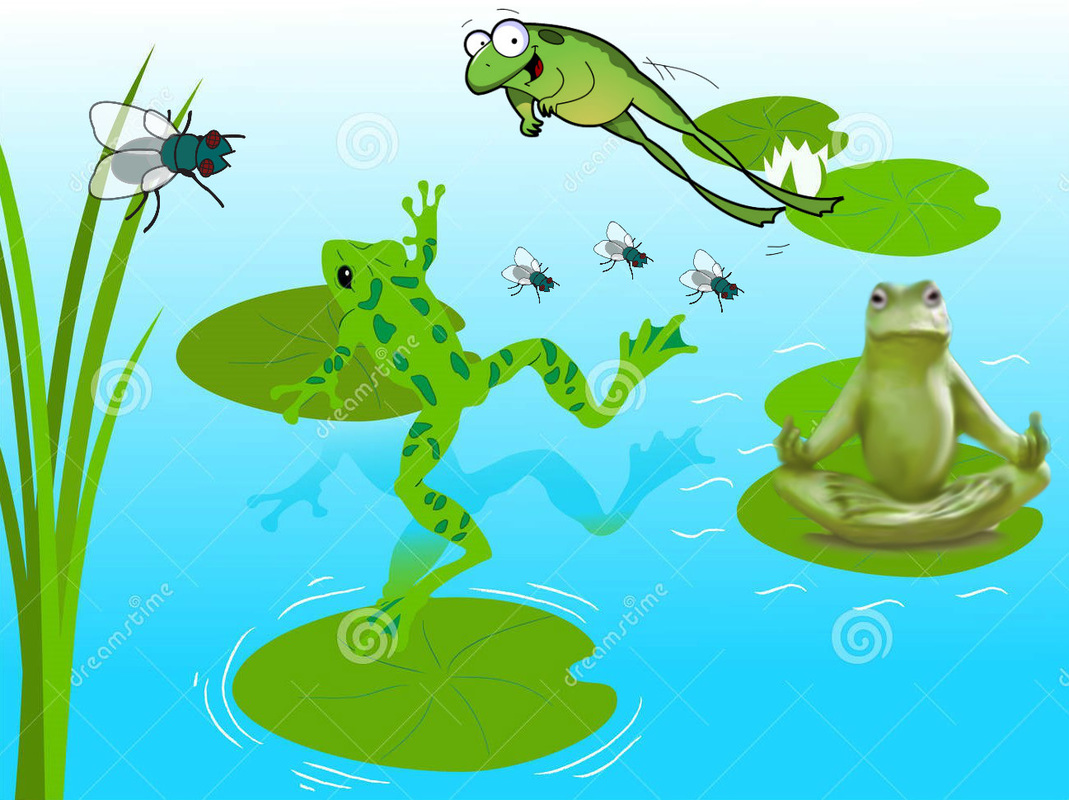
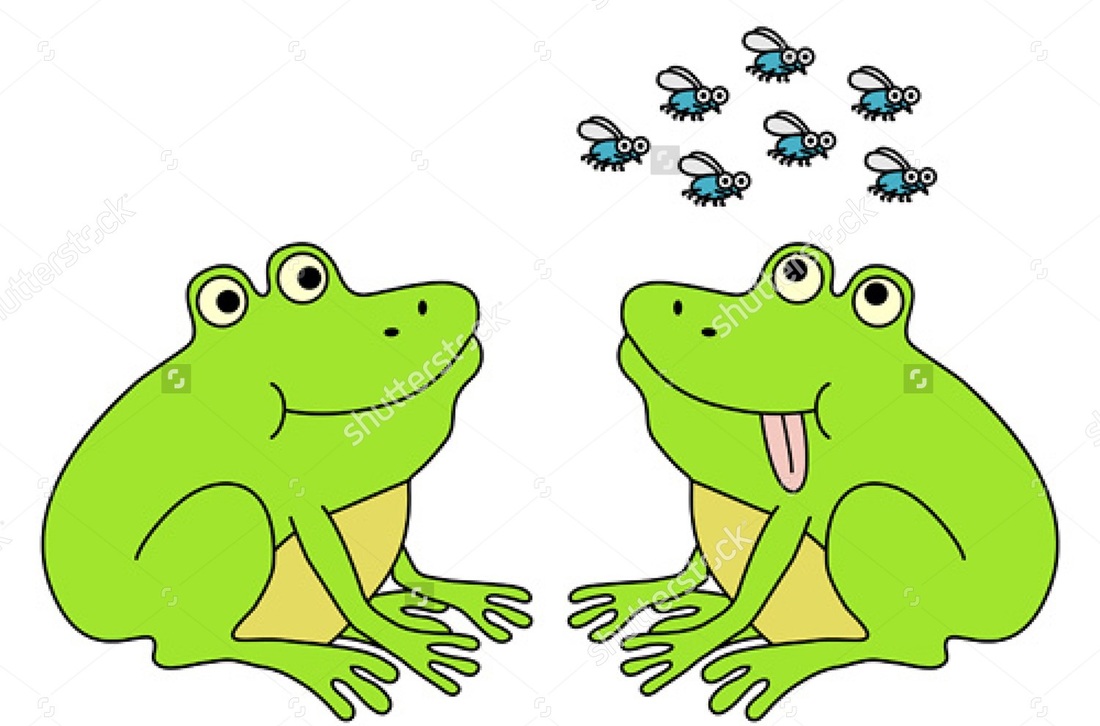
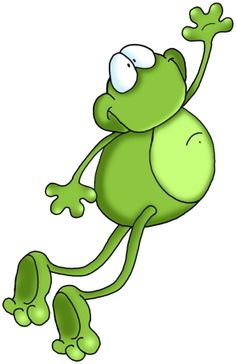
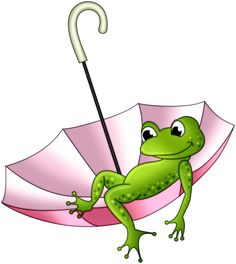
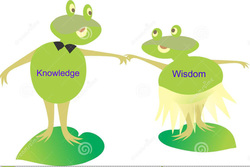
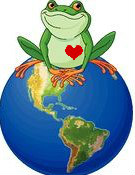
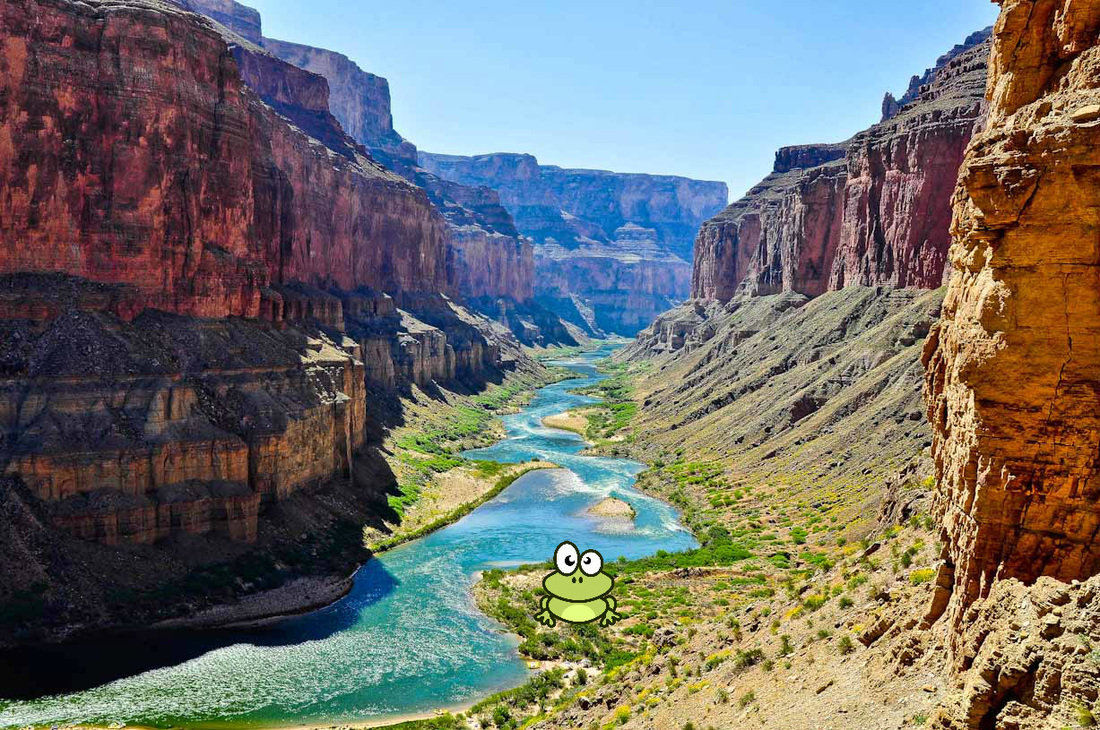
 RSS Feed
RSS Feed